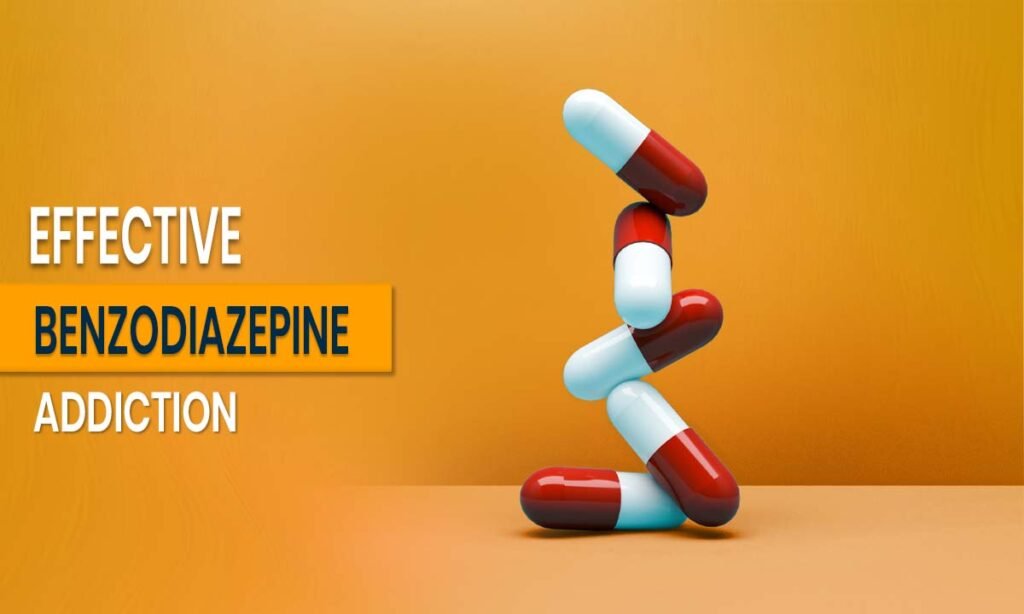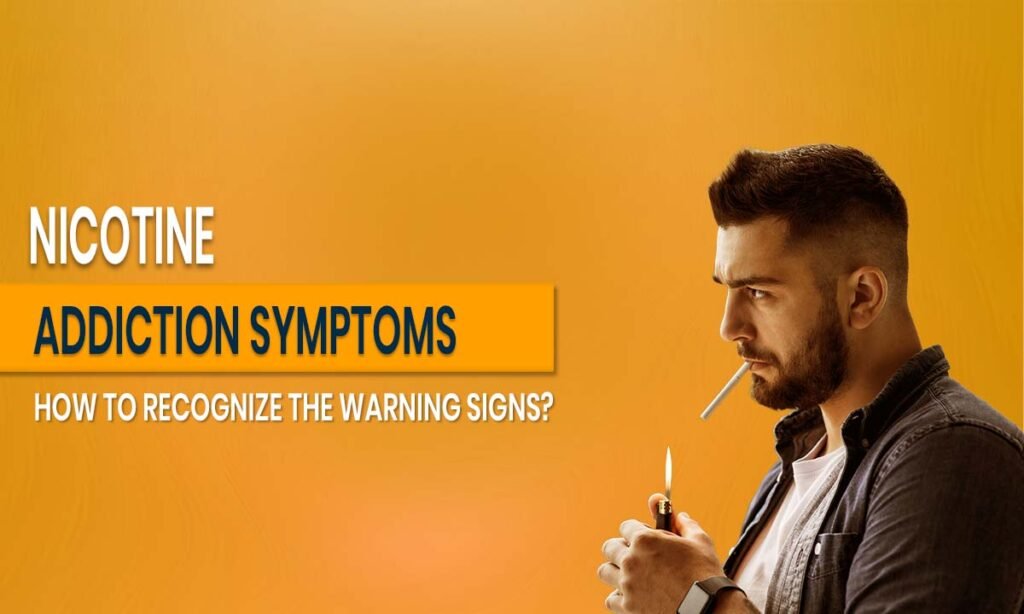
Kleptomania, also known as compulsive stealing, is a psychological disorder that falls under the umbrella of impulse control disorders. It’s a condition where a person has an uncontrollable urge to steal items, regardless of their value or need for them. It’s not just a habit or a mischievous act; it’s a complex mental health issue. Individuals with kleptomania experience intense feelings of tension and excitement before stealing and then a sense of relief or gratification afterward. But what makes someone become a kleptomaniac? And how can it be treated? In this blog post, we’ll dive into the symptoms, causes, and available treatment options for kleptomania.
If you’re reading this and wondering whether you might be dealing with this issue or if someone you know is, you’re in the right place. Today, we’ll break down everything you need to know about kleptomania, including what it is, what causes it, and how it can be managed effectively.
What is a Kleptomaniac?
A kleptomaniac is someone who has kleptomania, a psychological disorder where stealing becomes an uncontrollable urge. Unlike shoplifters or people who steal for financial gain or necessity, a kleptomaniac steals for emotional or psychological relief. This disorder is categorized as an impulse control disorder. People with kleptomania often experience mounting anxiety or tension, and the act of stealing helps them relieve this stress temporarily. The act of stealing isn’t driven by financial need but rather by the emotional compulsion to act.
Kleptomaniac Symptoms:
Kleptomaniacs exhibit several key symptoms, which can help in identifying the disorder:
- Uncontrollable urge to steal: The most prominent symptom is the irresistible urge to steal things. Even when they don’t need the item or can afford it, they still feel compelled to steal.
- Sense of tension before stealing: Individuals often feel anxious, restless, or agitated before committing the act of theft.
- Sense of relief after stealing: After the theft, there is usually a temporary feeling of relief or satisfaction, even though the person may feel guilt or regret later.
- Inability to resist the urge: Kleptomaniacs often find it incredibly hard to stop stealing, even after understanding the consequences.
- No intent to resell or keep the stolen items: The stolen goods usually have no value to the individual, and they may be discarded shortly afterward.
- Stealing to reduce emotional discomfort: Unlike other thieves, a kleptomaniac is driven by the need to relieve emotional tension rather than financial gain.
If you or someone you know experiences these symptoms, it’s essential to seek professional help. Kleptomaniac treatment is available and can significantly improve one’s quality of life.
Kleptomaniac Causes
Kleptomania doesn’t have a single cause. It’s a multifactorial disorder, which means several factors contribute to its development. Here are some possible causes:
- Genetics: A family history of mental health disorders like depression or other impulse control disorders may increase the risk.
- Chemical imbalances in the brain: Disruptions in the brain’s neurotransmitters, particularly serotonin and dopamine, may contribute to compulsive behaviors, including stealing.
- Psychological factors: Emotional stress, depression, and anxiety are common triggers. People may use stealing as a coping mechanism for overwhelming emotions.
- Personality traits: Those with low self-esteem or certain personality disorders may be at higher risk for developing kleptomania.
Understanding the causes of kleptomania is essential to effective treatment. In many cases, therapy can address the root emotional and psychological issues driving the stealing.
Kleptomania Treatment Options
The good news is that kleptomania is treatable. Various treatment options can help people manage their symptoms and regain control over their lives. These treatments may include:
- Cognitive Behavioral Therapy (CBT): CBT is one of the most effective therapies for impulse control disorders. It helps individuals recognize the thoughts and triggers that lead to stealing and teaches healthier coping mechanisms.
- Medications: Certain medications can help manage the symptoms of kleptomania. Antidepressants, particularly selective serotonin reuptake inhibitors (SSRIs), may help balance neurotransmitters in the brain and reduce the compulsive urge to steal.
- Behavioral Therapy: This therapy focuses on modifying the behaviors that lead to kleptomania. Techniques like habit reversal training and reward systems can help replace stealing with more positive behaviors.
- Support Groups: Group therapy and support groups for kleptomania or impulse control disorders can provide a safe space for individuals to share their struggles, receive support, and learn from others with similar challenges.
- Family Therapy: Since kleptomania can affect relationships, family therapy may be beneficial in improving communication and understanding among family members.
If you or someone you know is struggling with kleptomania, reaching out to a professional can lead to effective kleptomania treatment and help improve mental well-being.
What Makes Someone a Kleptomaniac?
While no single factor leads to kleptomania, several psychological, genetic, and environmental influences can contribute. Some people may be more predisposed to developing kleptomania due to their genetics or mental health conditions. For others, traumatic life events or extreme emotional stress could trigger the onset of the disorder. Mental health disorders like anxiety, depression, or obsessive-compulsive disorder (OCD) can also play a role in the development of kleptomania.
How Does Kleptomania Affect the Body?
Kleptomania can significantly impact a person’s physical and emotional health. The constant urge to steal can lead to increased stress, anxiety, and feelings of shame and guilt. This emotional turmoil can affect one’s relationships, career, and overall well-being. Moreover, stealing can sometimes lead to legal consequences or social isolation, further exacerbating the person’s mental health struggles.
Who Does Kleptomania Affect?
Kleptomania can affect anyone, but it is more common in certain groups:
- Gender: Women are more likely than men to experience kleptomania.
- Age: Kleptomania usually begins in adolescence or early adulthood, although it can develop at any age.
- Mental health history: People with a history of mental health disorders, particularly mood disorders or anxiety, may be at greater risk.
How Common is Kleptomania?
Kleptomania is relatively rare, affecting only about 0.3 to 0.6% of the general population. However, the condition is often underreported because individuals may be ashamed to admit their compulsive stealing behavior. Kleptomania often goes unnoticed until it causes significant emotional distress or legal problems.
Athena Luxus Approach
At Athena Luxus, we understand the challenges that come with impulse control disorders like kleptomania. Our approach focuses on holistic healing by addressing the root psychological and emotional issues driving the behavior. We offer personalized treatment plans, including cognitive behavioral therapy and medication management, to help individuals regain control and lead fulfilling lives.
Our team of mental health experts provides compassionate care and support, ensuring that every patient receives the attention and treatment they need. If you’re struggling with kleptomania or any other addiction-related issues, don’t wait. Contact us today for a consultation.
Additionally, if you’re struggling with drug addiction or heroin addiction, our team at Athena Luxus can guide you toward a healthier, addiction-free life. We provide comprehensive treatment and support, so don’t hesitate to reach out for help.
Why Athena Luxus Stands Out
What makes Athena Luxus the best choice for treatment? Our dedication to patient care and our comprehensive approach to therapy set us apart. At Athena Luxus, we believe in empowering individuals with the tools they need to succeed in their recovery journey. With our expert team and personalized treatment plans, we’re here to help you get back on track.
Conclusion
If you’re struggling with addiction or kleptomania, don’t hesitate to reach out for help. Athena Luxus is here to support you through your recovery journey. Book an appointment today to begin your path to healing.
Patient Experiences
- Ravi Sharma—”I” never realized that I was suffering from kleptomania until I came to Athena Luxus. Their treatment plan helped me understand my triggers and manage the urges.”
- Anita Verma—“I” struggled with compulsive stealing for years. Athena Luxus gave me the tools I needed to change, and today I feel in control.”
- Rahul Singh—”The” team at Athena Luxus is compassionate and understanding. They helped me break free from the cycle of kleptomania.”
- Priya Mehta—”I’ve” learned how to manage my kleptomania symptoms, and Athena Luxus was the key to getting my life back on track.”
Frequently Asked Questions (FAQ)
What are the common symptoms of kleptomania?
Kleptomania symptoms include compulsive stealing, anxiety before stealing, relief after stealing, and lack of need for the stolen items.
Can kleptomania be treated, and how?
Yes, kleptomania can be treated through therapies like cognitive behavioral therapy and medications that balance brain chemicals.
What causes someone to become a kleptomaniac?
Genetics, chemical imbalances, and emotional stress are all contributing factors.
Is kleptomania a form of addiction?
Yes, kleptomania can be considered a form of addictive behavior due to its compulsive nature.
How can kleptomania affect a person’s life and relationships?
Kleptomania can cause emotional distress, legal trouble, and strain on relationships.

